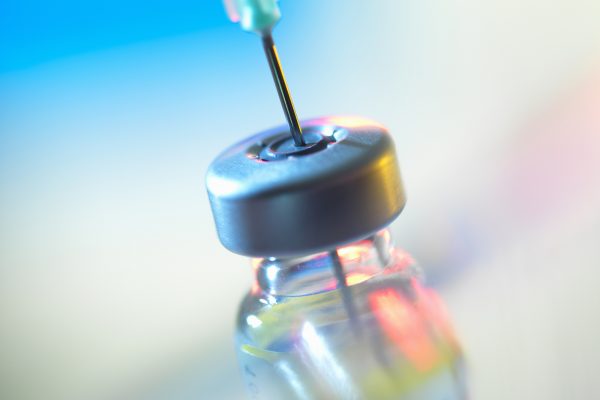
Immunotherapy using chimeric antigen receptor (CAR) T cells has emerged as a promising therapy for cancer patients. However, clinical response to the therapy varies between patients. Previously, the gut microbiome was identified as a factor that can influence immunotherapy response. However, the correlation between CAR-T immunotherapy and the gut microbiome remains unclear. The current study suggests that a non-antibiotic-disrupted gut microbiome is associated with improved clinical response to CAR-T therapy.
CAR-T immunotherapy has shown promising results in cancer treatment. However, clinical response to the therapy depends on several factors, including the gut microbiome. Several studies have explored the correlation between the gut microbiome and immunotherapy with immune checkpoint inhibitors.1,2 However, the role of the gut microbiome in CAR-T immunotherapy is still unclear.
Methods and Results
In this prospective clinical study, researchers built an international consortium of German and US B cell lymphoma patient cohorts receiving CD19-targeted CAR-T cell immunotherapies and investigated the correlation between exposure to antibiotics and clinical outcomes of CAR-T therapy.3
The association between antibiotic treatment prior to CD-19-directed CAR T-cell treatment and outcomes in lymphoma patients was explored in 66 German and 106 US patients between 2018 and 2021. The median duration of follow-up among survivors in the combined cohort was 13.2 months. For all patients, the overall response rate (ORR) and complete response (CR) rate at day 90 after CAR-T cell administration was 58.1% (11/172) and 47.6% (82/172), respectively. Antibiotics exposure within a 21 days before CAR-T cell infusion was associated with significantly decreased progression-free survival (PFS). The hazard ratio (HR) was 2.02 in the US cohort, where 41.5% of 106 patients were exposed to antibiotics. In the German cohort, the HR was 2.20, and 27% of 66 patients were exposed to antibiotics.
Likewise, antibiotic exposures were associated with a significantly higher cumulative incidence of progression (odds ratio = 1.58) and a significantly reduced overall survival (OS) (HR = 2.39) in the combined cohort.
The study also evaluated the impact of specific antibiotic classes administered prior to CAR-T cell infusion (from days −21 to 0 relative to infusion) on survival outcomes. The results showed that certain classes of antibiotics had varying impacts on the success of CAR-T immunotherapy. Antibiotics classified as ‘high-risk antibiotics,’ such as meropenem, cefepime, ceftazidime, and piperacillin-tazobactam, were found to be significantly associated with reduced responses to CAR-T cell therapy.
Conclusion
B cell lymphoma patients receiving CAR-T cell therapy and high-risk antibiotic treatment (broad-spectrum antibiotics such as piperacillin/tazobactam, meropenem, or cefepime), administered in a 3-weeks period prior to T cell infusion, show increased progression of the underlying disease and reduced OS. These findings were independently replicated in a German and a US cohort. However, the results suggest that the administration of these classes of antibiotics constitutes a likely surrogate for poor disease status and a state of increased systemic inflammation prior to initiation of CAR-T cell therapy. As such, rather than causally driving altered CAR-T responsiveness, antibiotic treatments may likely disrupt microbiome features that otherwise would be clearly associated with immunotherapy outcomes. The current study suggests that a non-antibiotic-disrupted gut microbiome is associated with improved clinical response to CAR-T therapy. Understanding the causal nature of possible microbiome contributions to CAR-T therapy effectiveness and adverse effects may enable a better understanding of differential CAR-T cell activation, persistence, and clinical efficacy, and ultimately the prediction of response to CAR-T cell immunotherapy even prior to treatment.
References